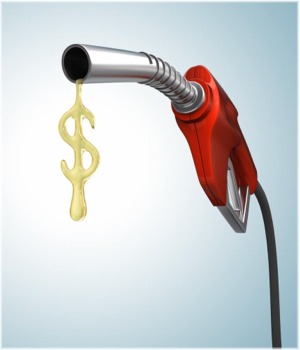
While it is always wise to conserve natural resources, the recent price of gasoline has made even the most wasteful people think twice. Whatever your motivation, here are some gas saving tips from the pros at the National Institute for Automotive Service Excellence (ASE).
Monitor tires. Under inflated tires or poorly aligned wheels waste fuel by forcing the engine to work harder. (Let the tires cool down before checking the air pressure.) Out-of-line wheels, as evidenced by uneven tread wear, should be aligned by a professional.
Remove excess weight. Remove unnecessary items from the vehicle. Store only essentials in the trunk. Less weight means better mileage.
Consolidate trips and errands. Some trips may be unnecessary. Also, try to travel when traffic is light so you can avoid stop-and-go conditions.
Avoid excessive idling. Shut off the engine while waiting for friends and family.
Observe speed limits. Speeding decreases your miles per gallon.
Drive gently. Sudden accelerations guzzle gas. Anticipate traffic patterns ahead and adjust your speed gradually.
Use windows and air conditioning wisely. Your mileage should improve if you keep the windows closed at highway speeds, since air drag is reduced. This is true even with the air conditioning on-assuming that the system is in good working order. But turn the air conditioning off in stop-and-go traffic to save fuel.
Keep your engine “tuned up.” A well-maintained engine operates at peak efficiency, maximizing gas mileage. Follow the service schedules listed in the owner’s manual. Replace filters and fluids as recommended; have engine performance problems (rough idling, poor acceleration, etc.) corrected at a repair facility. Given today’s high-tech engines, it’s wise to have this type of work done by auto technicians who are ASE certified in engine performance.
These conservation tips will not only save gasoline, they’ll help extend the life of your vehicle. Win-win, indeed.

